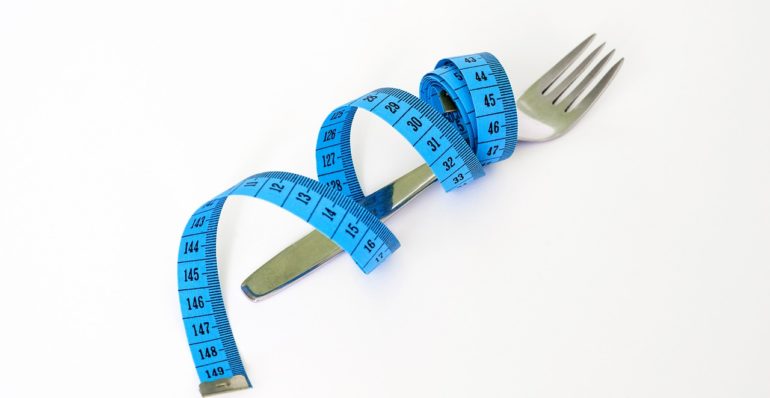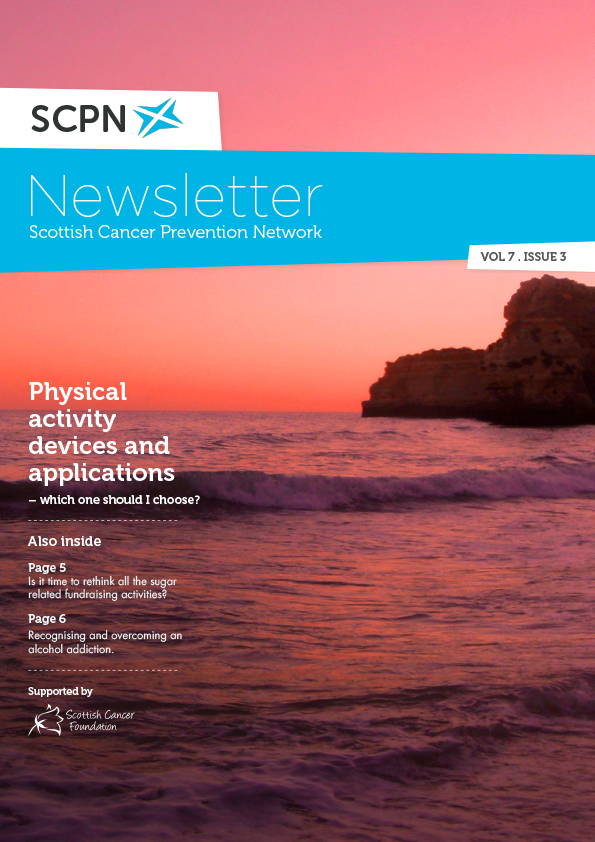
Fad Free Health

27 Jul 16 |
The Cancer Council Australia and other NGO’s have teamed up together to support people to try a healthier lifestyle. Always tricky in our obesogenic environment surrounded by promotions to consume more cheaply and be inactive. For folks ready and able to take personal action here is a useful perspective to fad-free health by Anne Finch, Accredited Practising Dietitian, Cancer Council Western Australia.
Fad diets are like bad friends – they make promises they can’t keep. They’re also easy to spot, as they typically require making short term and often extreme diet changes. Some you might have heard of are the cabbage soup diet, lemon detox diet, and my favourite loony fad diet, the “Sleeping Beauty diet” (where you are sedated and sleep instead of eating).
Every day we make hundreds of decisions that affect our health, in particular what we’ll eat and how we’ll move. Lots of those decisions aren’t really conscious decisions anymore – they’re habits. These decisions are also enormously influenced by our environment, but that’s a rant for another time.
Habits that have built up over a lifetime are hard to change, which is one of the reasons why fad diets don’t work. They’re short term and unsustainable. Once the diet is finished, we inevitably return to our usual habits: the ones that made us “need a diet” in the first place.
And the end result can be a feeling that you’ve failed at the diet. Here’s a fresh perspective though: you didn’t fail. The diet failed, by being silly and unrealistic and not meant for the long term.
So what’s the solution? Lifestyle change is about critically looking at what you’re doing and why, and making changes you can commit to forever.
Be honest with yourself
Most people have no idea what they eat in a day. When pressed, people tend to overestimate the veggies and underestimate the junk foods. If you’re serious about making some changes, keep a food and exercise diary for a few days. That way you’ll have a better idea about where you’re at.
Set some goals
Figure out what you want, how you’re going to get it and what might get in your way. If you know what your barriers are going to be you can plan how you’re going to get around them. Be pleased when you reach a goal, then set another more ambitious one. Celebrate your success! If you’re trying to lose weight, make weight loss one of your goals but not the only one. Eating well and being active will provide benefits regardless of changes in weight.
Eat a wide variety of foods
This includes foods from the five core food groups; vegetables, fruit, grains and cereals, meat and alternatives, and dairy and alternatives. This is the best way to make sure that you’re getting all the nourishment your body needs. Hot tip: cooking from scratch saves money, builds your skills and usually makes healthier food than shop-bought.
Choose exercise you enjoy
It really helps your motivation to move if you find it fun! Dance classes, walking, cycling for transport, martial arts and team sports are all great alternatives to pounding the treadmill. Getting a friend or a group involved is great too.
Treat your treats like treats
If you have it every day, is it still a treat? And if you finish the bag without really tasting a single thing, is it still a treat? You can still eat the “sometimes foods” you enjoy, remember to do it sometimes and enjoy.
Yep, it’s not sexy, it’s not easy, and it’s not quick. No fad diet can do what healthy eating does. So get real about the small, sustainable changes you can make and reap the health rewards!
*originally published in the West Australian newspaper, September 2015.
This article was originally published in The SCPN Newsletter Volume 7, Issue 3. Read the newsletter below using Issuu, or feel free to download the PDF…
View the PDF
The SCPN Newsletter: Volume 7, Issue 3
In our penultimate issue of 2016, an overview of physical activity devices and apps (which one should you choose?), rethinking sugar-related fundraising activities and recognising and overcoming an alcohol addiction, as well as the usual breakdown of cancer prevention research and news from the Scottish Cancer Prevention Network.